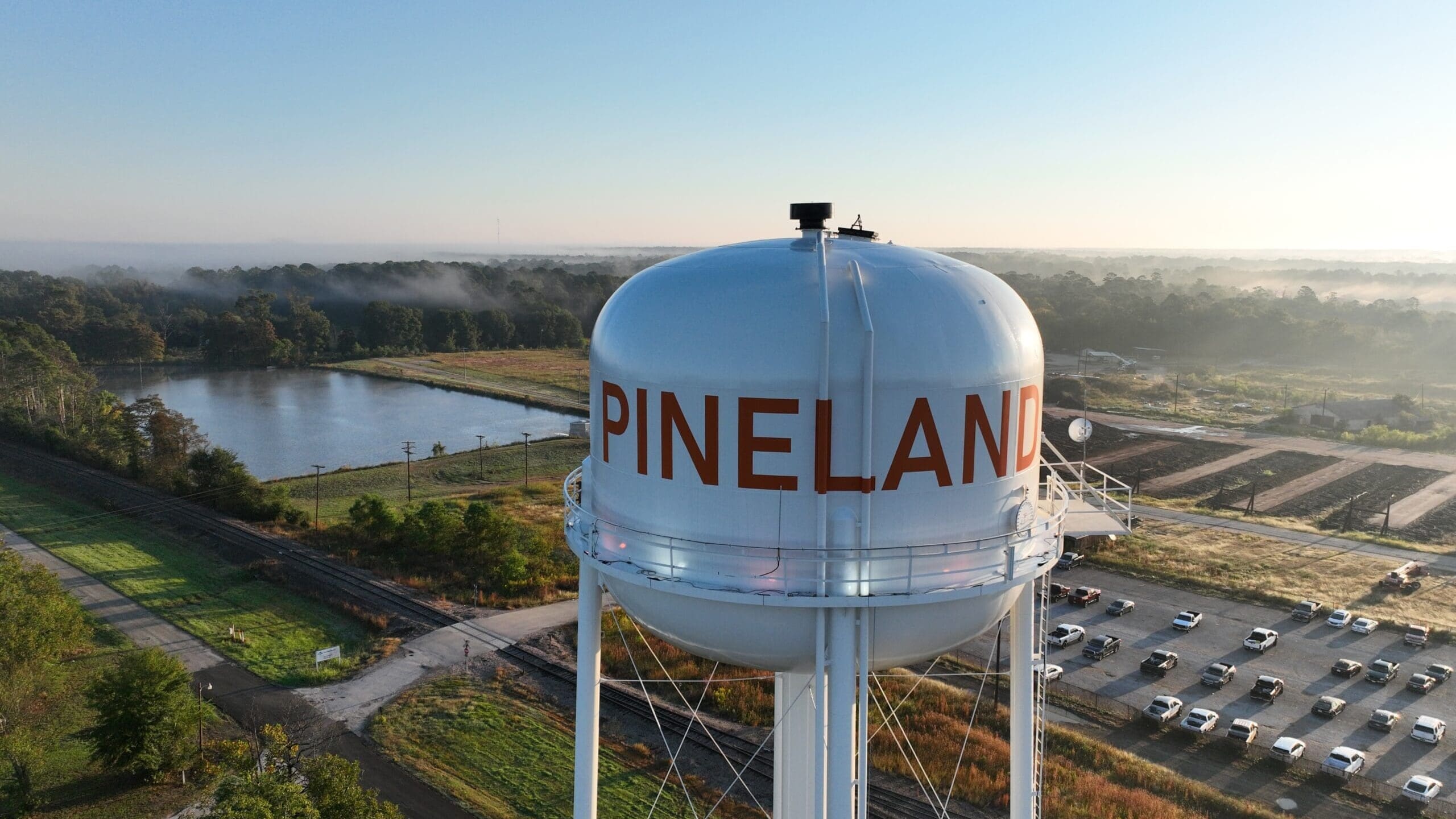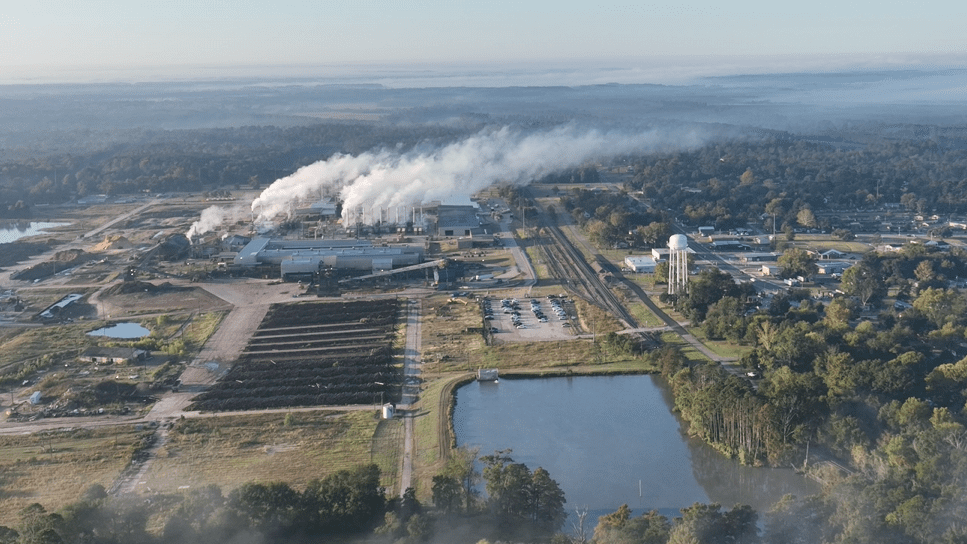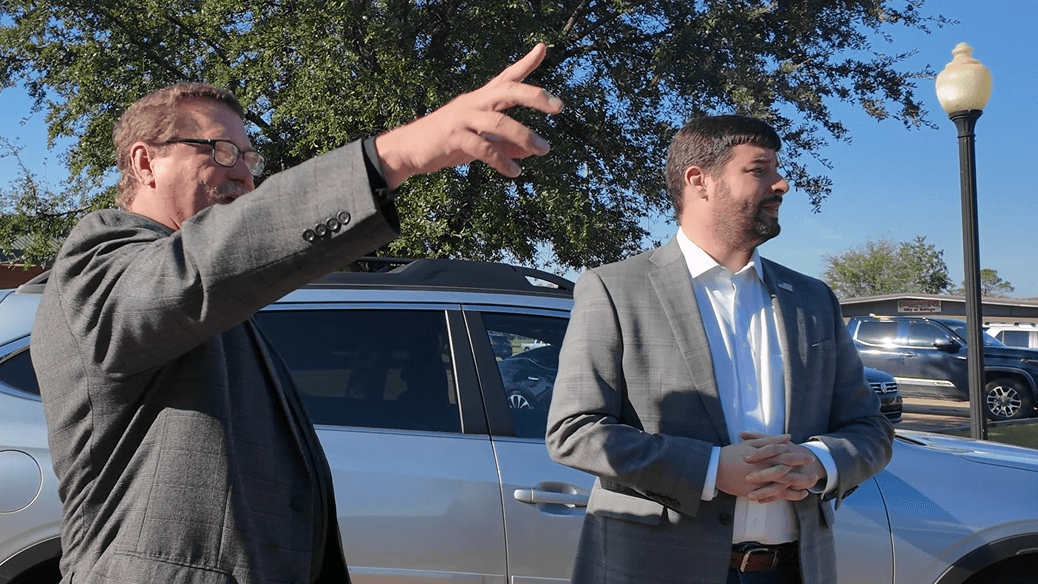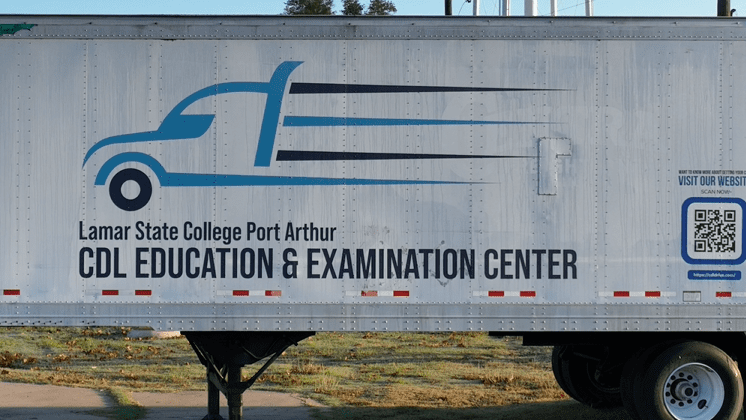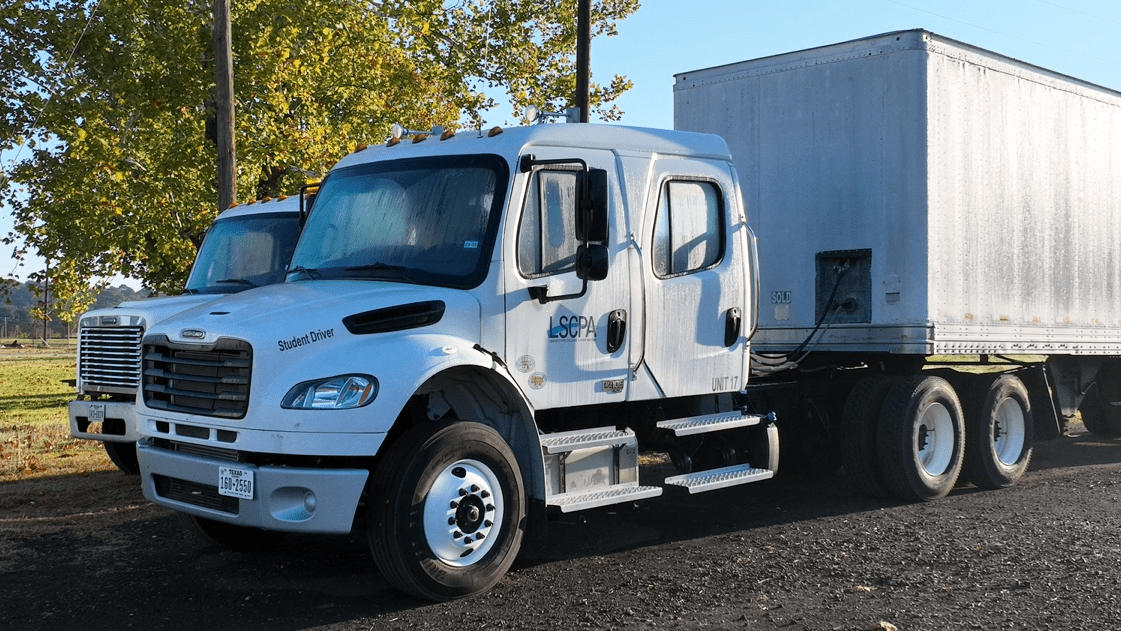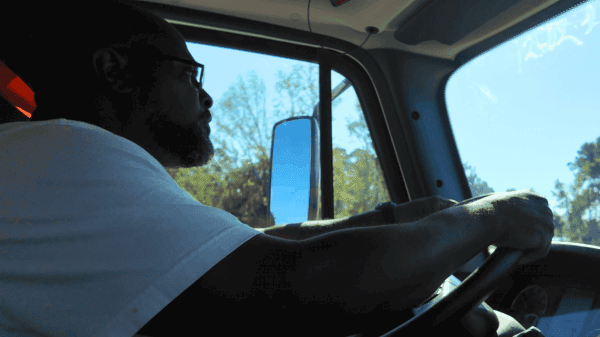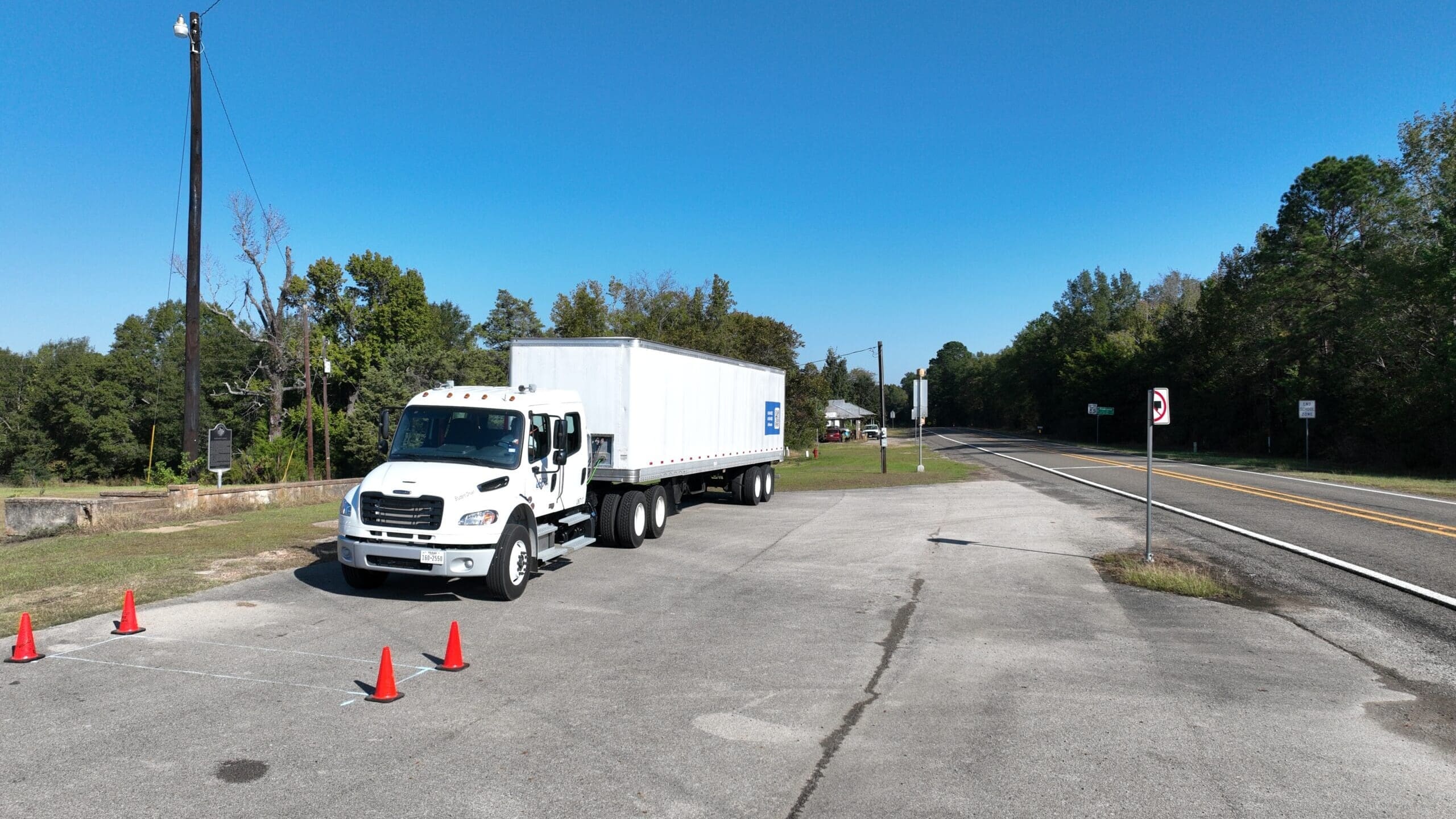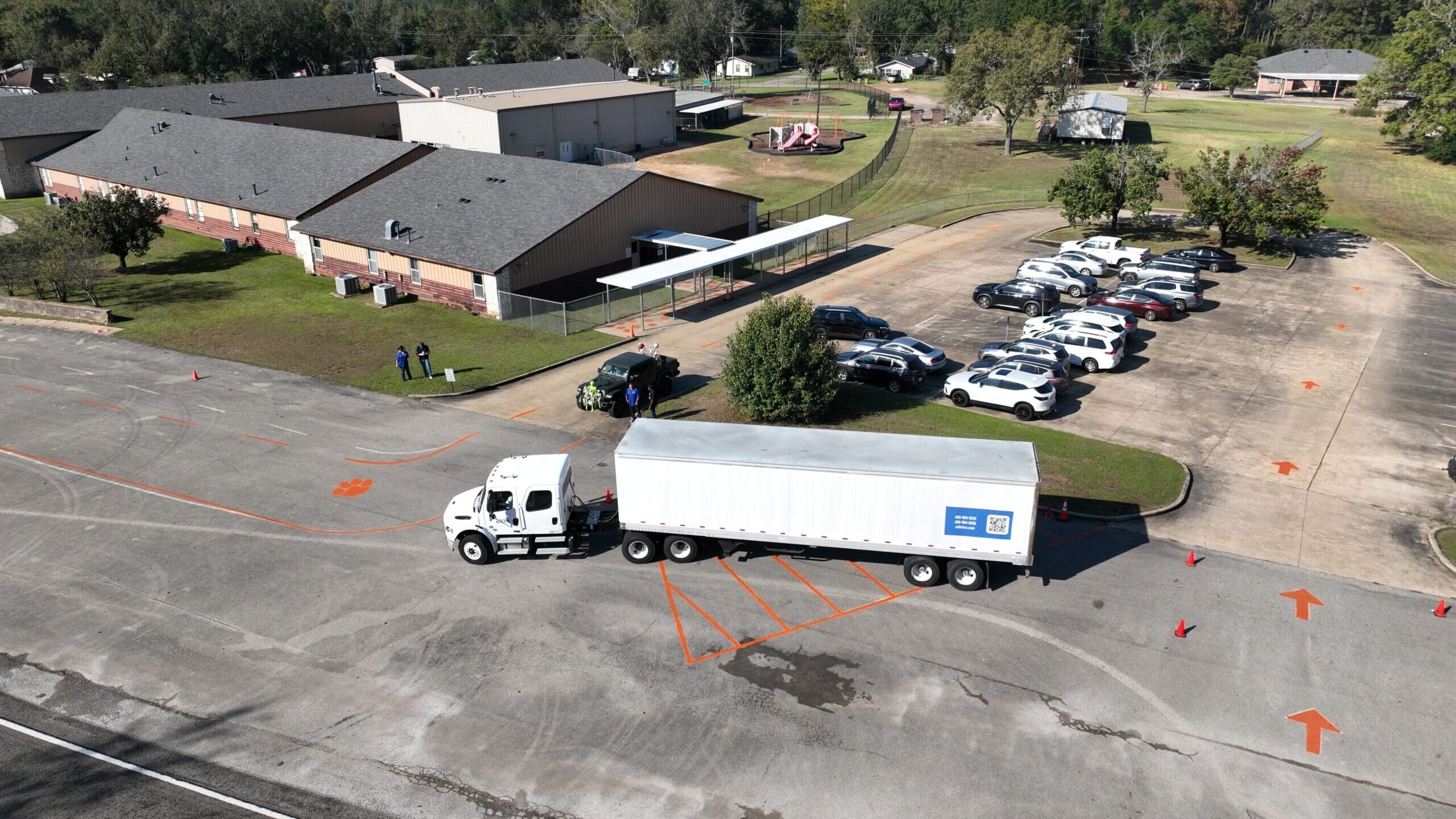Nathaniel Sessions, from nearby Lufkin, Texas, remembered scrolling Facebook when he saw something that didn’t seem possible.
“A free CDL class?” Sessions asked himself. “I thought, ‘There’s no way this is real.’”
Eight weeks later, Sessions had his commercial driver’s license, a clear career path, and a plan to help grow his family’s trucking business. He talks about becoming an owner-operator the same way someone might talk about picking a college major — confident, practical, and within reach.
Stories like his are becoming more common in Pineland, a small East Texas community in Sabine County where hard-working people have long been ready for opportunity — but opportunity wasn’t always ready for them. For years, rural regions like this have had the talent and the industry demand, yet lacked the training infrastructure needed to connect people to high-wage careers. The potential was there — the pathway wasn’t.
Now, that’s beginning to change.
With the launch of the new Commercial Driver’s License (CDL) training program — run by Lamar State College Port Arthur and housed at West Sabine ISD — the region has moved from problem-identification to solution-building. The first cohort has graduated, the second is underway, and a real workforce pipeline is forming in rural East Texas.
What looks like a seamless success began years ago with a partnership built the way effective rural development is supposed to work: one part local vision, one part philanthropic support, and one part federal investment, all tied together by organizations willing to stand in the gap to make opportunity real.
It is exactly the type of model T.L.L. Temple Foundation President Charlie Glover believes is essential for the future of rural America. He sees the CDL effort not just as a one-time success, but as a replicable asset.
“This highlights the kind of work that we're trying to do and we're thinking about on a consistent basis — high value credentials plugging into livable wage, but also thinking about programs like this as being assets. If we think about assets, we would define assets as high quality programming, and they have the ability or path to scale and sustain. I think it's ripe for expansion. I think that one of the really unique components of it is that you've got a state system which has that ability to do that, right? The partner we're working with in the post-secondary education piece — that has the ability to proliferate, and now that's working its way all the way into the northeastern part of our state as well.”
“This highlights the kind of work that we're trying to do and we're thinking about on a consistent basis — high value credentials plugging into livable wage, but also thinking about programs like this as being assets. If we think about assets, we would define assets as high quality programming, and they have the ability or path to scale and sustain. I think it's ripe for expansion. I think that one of the really unique components of it is that you've got a state system which has that ability to do that, right? The partner we're working with in the post-secondary education piece — that has the ability to proliferate, and now that's working its way all the way into the northeastern part of our state as well.”

— Charlie Glover, President & CEO of the T.L.L. Temple Foundation
On the ground in Pineland, the program started small — and immediately showed results.
“We started with 10 students, and about five or six completed the first cohort,” said instructor Cam Walker. “The ones who graduated — all of them are working now. That’s a good start.”
Graduates are landing jobs with local counties, major regional employers like Prime Inc., or stepping into family businesses like Sessions — while others, like Dylon Fruge, are choosing to stay right in Pineland. For those who keep advancing, some may eventually transition into Over-the-Road (OTR) trucking — long-haul routes that carry freight across the country, often spending days or weeks on the road.
The earning potential speaks for itself. Local drivers often start in the $40,000s and can work up to roughly $60,000 a year. Regional routes typically range from $50,000 to $80,000, and experienced OTR drivers can break into six-figure territory. For those who become owner-operators — running their own truck and business — annual earnings can climb to $200,000 or more.
“I’m driving a dump truck for C23 (Trucking, based in Pineland)… it’s local work, so I’m home every night — and get family time,” Fruge said. “Once you see that paycheck, it’s all worth it.”
The impact is visible every morning at West Sabine ISD, where the big rig parked outside the classroom has become a symbol of what’s possible.
“When (the students) see that big truck, they light up,” Superintendent Dr. Carnelius Gilder said.
High school seniors are already asking when they can start, and the district is exploring a pathway that will allow them to stack CDL training with other credentials before graduation. For Dr. Gilder, the hope is simple: keep talent home.
“Families want to stay — they just need the economic opportunity to make it possible,” he said. “If this program helps bring families back together on the home front, that’s a huge win.”
The program didn’t happen by chance.
The T.L.L. Temple Foundation first identified the opportunity in 2022 through an economic study showing commercial trucking as the top high-demand, high-wage occupation across an area larger than New Jersey. At the same time, Georgia-Pacific invested $240 million into upgrading its Pineland mill — an economic anchor that needed more drivers to bring in timber and move products out.
With the data and the need clear, Temple and the City of Pineland invited Lamar State College Port Arthur and Communities Unlimited (CU) to the table and asked a simple question: what would it take to bring CDL training here?
Former T.L.L. Temple Foundation Program Officer, Jerry Kenney, often said rural America needs a new model for the 21st century — what he calls the rural development triangle: place-based philanthropy, local community organizations with deep roots, and federal partners pulling in the same direction.
“When that triangle forms, you begin to see a model that truly works,” Kenney said. “That’s what’s happening in Pineland.”
It turned out to take everyone working together.
Lamar State College provided the curriculum and hired instructors, designed training routes, and were equipped a classroom and computer lab thanks to West Sabine ISD. CU and the Temple Foundation supplied flexible local match funds to unlock federal investment, USDA provided the capital to purchase the truck and trailer earlier in 2025, the city helped move the effort forward, and Georgia-Pacific’s expansion supplied the demand signal that made the program urgent.
The result was a $99,000 USDA Rural Business Development Grant, matched by $51,000 from CU and the Temple Foundation — a living example of what U.S. Congressman Nathaniel Moran, who represents Texas’s First Congressional District, calls a bottom-up investment.
“I love that you used the word investment,” Congressman Moran said. “It’s critically important, because this is not just an expenditure of federal or private dollars — it’s a collaboration and an investment in community.”
When he first heard about the idea in Washington, Moran said it was the exact kind of rural-first solution the federal government should support.
“You’re talking about bringing together West Sabine ISD, the City of Pineland, Georgia-Pacific, the federal government, Lamar State College, and all kinds of folks. When you see that kind of collaboration between private and public entities, you know it’s a good idea — and it’s a good investment that will bring a real return.”
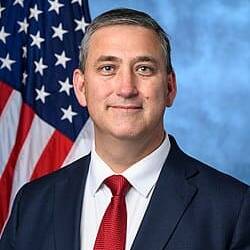
— Rep. Nathaniel Moran (TX-1)
LSCPA’s Dr. Ben Stafford, the Vice President of Workforce Development & Continuing Education, saw the partnership as the turning point.
“State colleges like ours respond to any training need in Texas, but the state doesn’t provide matching funds,” Dr. Stafford said. “Without philanthropic and private partners, we can’t bring major workforce projects to completion. In this case, that combination of philanthropy, federal funding, and state support made it possible to cross the finish line.”
Before taking a new role, former CU Director of Community Sustainability Martha Claire Bullen played a key role in helping launch the program. For her, the effort represents what rural development should look like.
“I hope this is one of those projects that lives on for decades — something that keeps creating opportunities for young people to enter good, stable careers,” Bullen said. “When people can earn a good living where they live, they take care of their families — and when they do that, they reinvest in their communities. It creates a cycle of opportunity and stability that can last for generations.”
She credits Temple with convening the effort.
“Temple invited Lamar State College into the conversation and said, ‘Let’s all put our best foot forward.’ Jerry Kenney kept reminding us, ‘We do better things when we do them together.’”
City Hall is already feeling the momentum.
“We’re getting calls from people all over Sabine, San Augustine, and Jasper counties asking when the next session starts,” said City Administrator DeWayne Armstrong, a West Sabine graduate.
For Armstrong and others, the goal is consistency — a reliable training pipeline that keeps students moving into good jobs and helps supply the regional timber economy with the drivers it needs.
Long-term success now depends on the next step: building a permanent training pad and facility in Pineland. Congressman Moran has requested $1.4 million in federal funds to make it possible. The request was delayed with the federal budget but is now re-queued for 2026.
“Our participation is really a one-time investment — about $1.4 million in federal funds to help build the infrastructure needed for the CDL training center,” Moran said. “That initial capital investment helps get the program off the ground, but long-term success will come from the private sector stepping in to sustain operations.”
A permanent site would unlock space to add additional trades — carpentry, HVAC, and concrete — creating a broad rural workforce ladder that helps families build careers without having to leave home. And as incomes rise and opportunity grows, CU’s Housing Team is already engaging with West Sabine ISD and city leadership to assess housing needs and planning strategies, ensuring working families have places to live as the community grows.
Before the first cohort ever climbed into the cab, the partners even worked with the Texas Historical Commission and Texas State University on an archaeological survey of the proposed training site — turning a regulatory step into a hands-on learning experience for West Sabine students alongside CU’s Geographic Information Systems (GIS) Team. It was a small detail in a bigger story, but one that captured the spirit of the project: hands-on, student-centered, and built to bring local people into the process.
“It became a real community event and confirmed there was nothing of archaeological significance, which allowed us to move forward,” Dr. Stafford said.
For Sessions, the leap from “Is this real?” to “I’m on my way” took eight weeks. For Pineland, the trajectory runs deeper: training people where they are, building careers close to home, strengthening families, and proving what rural America can do when everyone pulls in the same direction.
“This was a ground-up idea,” Congressman Moran said. “The community identified a need, worked together to meet it, and invited us to support what was already in motion. That’s how America was built — from the ground up. It’s we the people.”
When he looks at how far the effort has come — from a local idea to a regional workforce engine — Dr. Stafford puts it plainly:
"It’s a homegrown vision for Pineland that combined local leadership, philanthropic investment, and state resources to make something real. We didn’t impose a solution — we empowered one. Now, people here are getting the jobs that exist right here in their own town. That’s something to be proud of."
— Dr. Ben Stafford, Vice President of Workforce & Continuing Education at LSCPA




